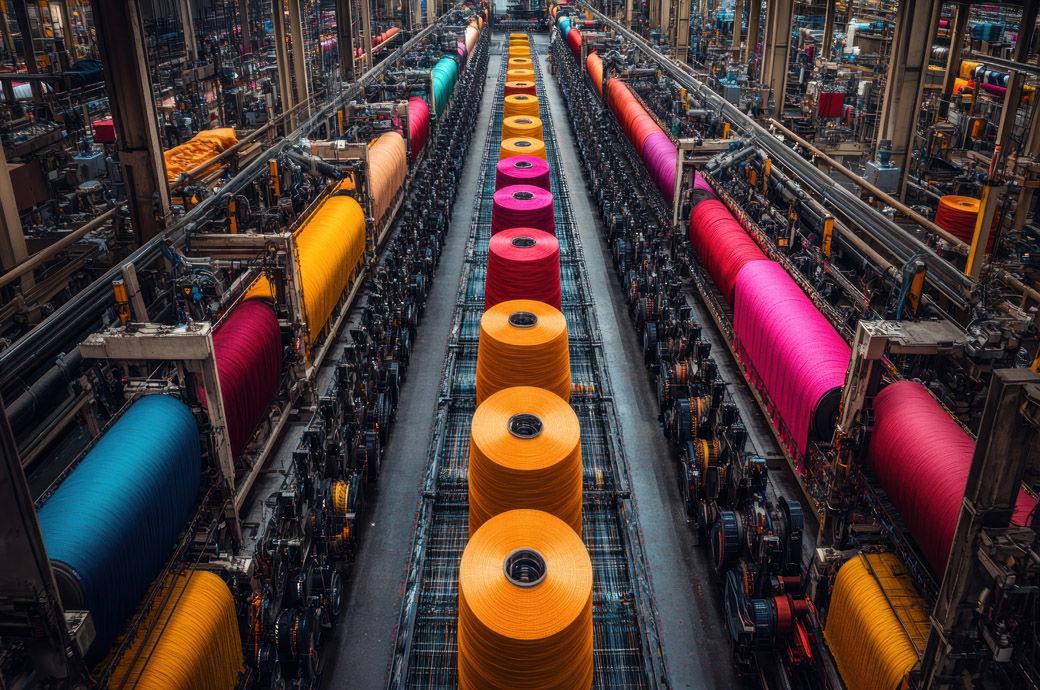
The headline manufacturing PMI dropped to 44.3 in September from 47.8 in August. The latest reading signalled a marked slowdown in the sector, and one that was the most pronounced since May 2020. Business conditions have now moderated in six successive months.
Output, new orders, employment and purchasing all softened to larger degrees than in the previous survey period.
Rates of inflation of both input costs and output prices eased marginally, but remained marked.
There were widespread reports of demand weakness in September, leading to the sharpest slowdown in new orders in almost four-and-a-half years. Subdued demand in international markets was also signalled by a renewed moderation in new export orders, according to a release from S&P Global, which compiled the PMI data.
Production eased in response to muted new order inflows, extending the current sequence of moderation to six months. Moreover, output was scaled back to the largest extent since May 2020.
Demand weakness and lower output requirements led manufacturers to scale back their employment and purchasing activity to larger degrees in September.
Stocks of both inputs and finished goods were reduced, while subdued demand for inputs relieved pressure on supply chains, resulting in the first shortening of lead times in nine months.
Currency weakness and higher raw material prices led to a further increase in input costs during September. The rate of inflation remained marked, despite easing to a three-month low. In turn, output prices also rose, with charges increased at a broadly similar pace to August.
Fibre2Fashion News Desk (DS)